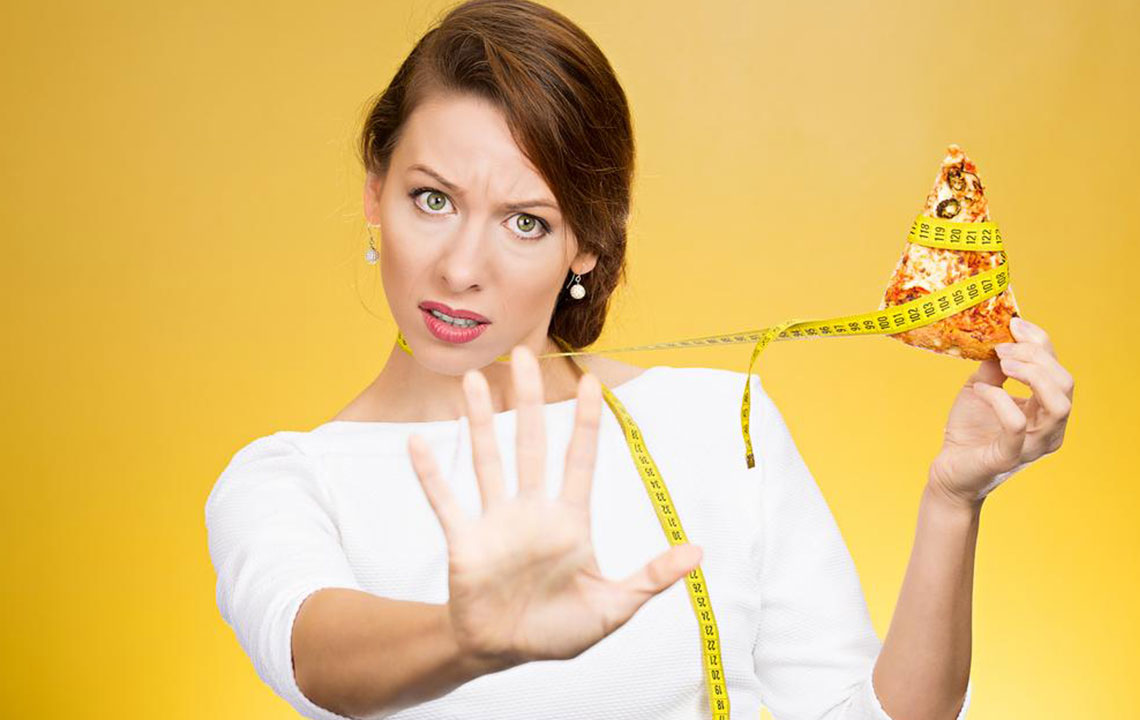Diverticulitis Diet Foods To Include And Avoid
The whole purpose of the diet for diverticulitis is to give the stomach a break. It includes mild foods that can be digested quickly. Diverticulitis is a stomach infection. The bulging pouches in the digestive tract get affected and inflamed. It can be cured with antibiotics and a diverticulitis diet.
The diet includes low-fiber foods and clear liquids. Monitoring the food intake in the early stages is sufficient to treat this condition.

This condition is more common among older people. It is less common in regions where the day to day food consumption includes high fiber foods. It is important to stay aware as there are times where it shows little or no symptoms. The symptoms include discomfort, nausea, vomiting, bloating, diarrhea and constipation.
Diet For Diverticulitis
Although studies show that too little fiber causes the condition in the food, it can be the other way round as well. Excess fiber foods can also lead to diverticulitis. The right amount of fiber for a person of any age group is 25 to 30 grams per day.
Fiber is an essential component that aids in the digestion process. Insufficient fiber in the food can lead to constipation. This leads to strain in the muscles of the digestive tract. The buildup of pressure in the colon causes inflammation or infection, a typical symptom of diverticulitis.
On the other hand, too much fiber in the food can lead to frequent bowel movement, also leading to diverticulitis.
There are two types of fibers in foods.
- Soluble Fibers are those which can dissolve in water. They make the stool softer, thus letting it pass through the intestine more easily
- Insoluble Fibers are those that absorb the water from the digestive tract and add bulk to the stool. Both these types of fibers help in the digestion process.
Plant-based foods have both kinds of fibers. There are few that even have other types. The diet for diverticulitis has all of these in the right amount.
Foods To Include In The Diet For Diverticulitis
Here is a list of foods for diverticulitis. You need to consume a wide variety of fiber-rich foods to have positive effects on the system.
Cereals
The best way to start your day off, be it on a diet for diverticulitis or a healthy morning, is with a bowl of cereals. Opt for corn and shredded wheat for maximum benefits. You can even add dry fruits to increase the nutrition content.
Grains
Grains are the essential fiber of the body. You can have whole wheat pasta, oatmeal, barley, or brown rice. If your lunch already includes rice, you can continue to include it in your meals. Wheat alone is not sufficient for the body.
Vegetables
They give all the essential fiber we need. They also give the body the nutrition it requires to function. Have meals that include at least one vegetable in sufficient amounts. You can choose between the numerous options like peas, carrots, broccoli, tomato, potato, and others.
Fruits
Fruits have a high water content in them besides the essential vitamins and minerals. They are an essential part of the diet for diverticulitis and are also good for the system. Eat a minimum of one fruit every day. Apples, avocados, raspberries, and papaya are few examples of fruits that are rich in fiber.
Baked Foods
These foods have high amounts of fiber. Who doesn’t love muffins? You can have them guilt-free as it is a part of the diet for diverticulitis. It is also best to switch to whole wheat bread for good health purposes.
Legumes
Legumes have a high nutrition content. They are required as they provide the soluble fibers that are needed to improve the digestion. They include black beans, lentils, and lima beans.
Foods To Stay Away From
Here is a list of foods you need to avoid till you completely recover from diverticulitis.
Maintaining a strict diet is the key to rid and treat the system from diverticulitis. An important part of this is avoiding the foods that can further worsen the condition.
- They include nuts and popcorn as they are said to get lodged in the pouches that are infected thus causing pain and discomfort.
- Do not eat red meat till you are treated as it is much harder to digest. It may make your digestion even worse.
- Stay away from fatty foods as they can cause blockage in the intestine. It is best to consume fatty foods in moderation as they may lead to diverticulitis.
It is important to maintain a healthy body weight to prevent any such conditions. Have plenty of water every day and include exercise as a part of your regime. Stay healthy and avoid smoking as it is said to have negative effects on digestion.